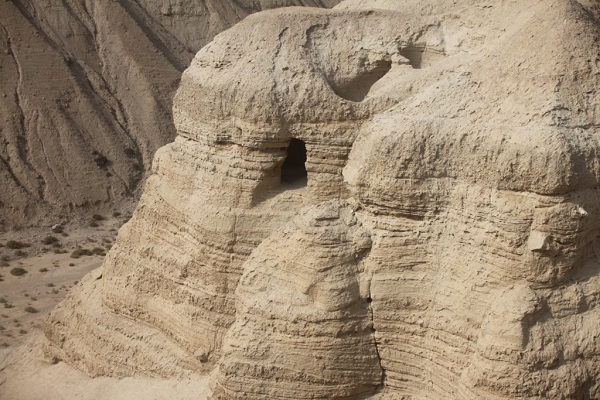
Last Remaining Mysterious Parts of the Dead Sea Scrolls Deciphered
- By Kelly Frazier --
- 23 Jan 2018 --

The long-extinct Essenes Jewish fringe group are believed to be the authors of the text
Professor Jonathan Ben-Dov and Dr. Eshbal Ratson of Haifa University pieced together disparate scroll sections over one year to decipher their composite meaning.[/tweetit] The result of assembling sixty small fragments is the text which described festivals marking seasonal changes. The list of festivals included New Oil, New Wheat, and New Wine. All were linked to Shavuot. These Jewish festivals are no longer followed by present-day Jews. Researchers cobbled together the knowledge that the ancients celebrated the Tekufah festival four times every year.
Last Remaining Mysterious Parts of the Dead Sea Scrolls Deciphered[/tweetthis]
Writing on the papyrus and parchment schools were in Aramaic, Hebrew, and Greek writing. It included many of the Bible's earliest known texts. The Ten Commandments is one of them. The assembled parchment in question contains clear references to 364 days long calendar. This is in direct contrast with the Lunar calendar which is in use now. Annotations made in the margin by another scribe apart from the principal author helped to decipher its meaning. Experts believed that the celibate Essenes wrote the Dead Sea manuscripts. The Essenes were a fringe Jewish sect which settled in the Judaean desert in the vicinity of Qumran and the region's caves.
The Dead Sea scrolls were carbon dated back to third century BC. These scrolls were written anytime between that time to first century AD. These are one of the most ancient manuscripts of Hebrew Bible. About 900 of such scrolls were discovered in Dead Sea caves between 1947 to 1956. The writings were made in Aramaic, Hebrew, and Greek. A few fragments said in detail about the rewards promised by God to those who have obeyed the teachings found in the Ten Commandments. God in return promises the mortal that the person will live in peace and untroubled by wild animals. The pious will not be attacked by people carrying swords and the body of the person will be fertile and help in increasing the number of children.
Remaining part of Dead Sea Scrolls finally deciphered https://t.co/4og9Q0wRIm pic.twitter.com/U63XEBZ69d
— Nathaniel (@Nathaniel1203) January 23, 2018
Another important find was announced by Hebrew University in February 2017. Researchers found a 12th cave far deep in Judaean desert which once had Dead Sea Scrolls. The parchments were not found in the caves. Researchers surmise that the Bedouin people stole the scrolls during the 1950s. Oren Gutfeld, an excavating team member and the leader of the squad, said that until the discovery it was accepted that the 11 caves in Qumran had Dead Sea Scrolls. Post discovery, there is zero doubt that the cave was the 12th cave.


















